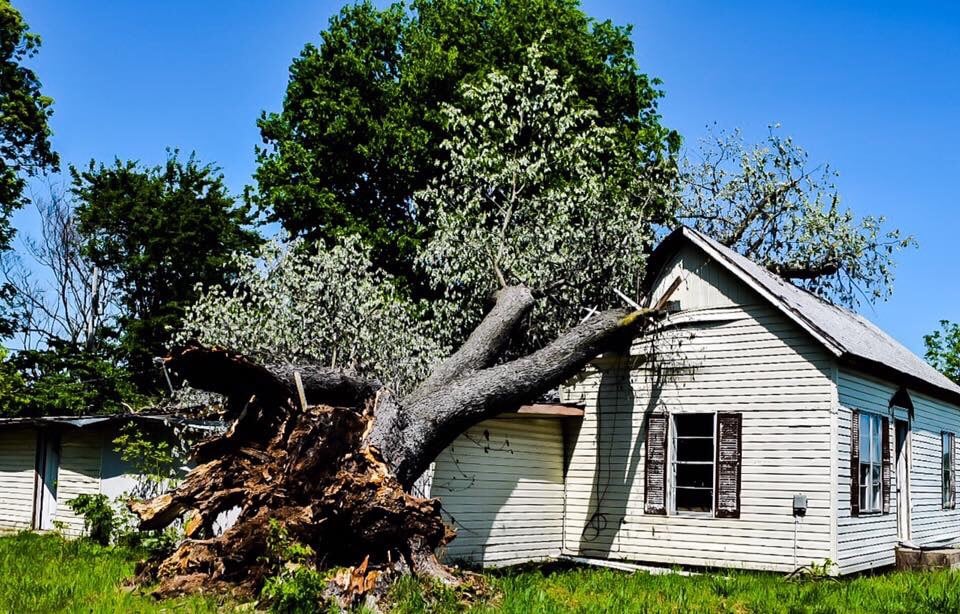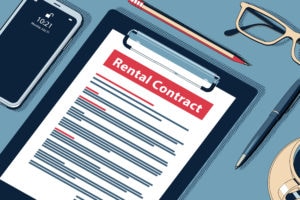Homeowners insurance is perhaps one of the most important and necessary insurance packages you could invest in. Lenders will invariably expect you to have home insurance before working out your possible terms, making it an essential step in buying a home in Texas.
Most insurers will be happy to speak with you about your needs, helping you to create a package with personalized, extensive insurance coverage. This way, you can also combine your package with other policies, allowing for a framework of insurance that caters to your every need.
But what specifically does homeowners insurance cover? Let’s discuss five types of damage normally included in your home insurance coverage, and five you won’t likely see in your plan:
Your Home Insurance Will Usually Cover:
1. Personal Property
Your personal property is generally covered in the event of theft or damages from occurrences such as flooding or other disasters that damage your home, provided it is kept within your home, secured, and justifiably cared for.
2. Personal Liabilities
Home insurance often includes personal liability insurance up to a set amount, such as $10,000. Personal liability coverage protects you against lawsuits should damages come to someone or their property while they are on your property. If someone is bitten by a dog on your property, for instance, your homeowner’s insurance could reimburse their medical costs and protect you from further litigation.
3. Vandalism
Vandalism that leads to property damage or defacement is protected by homeowners insurance. You can often gain a better deal on your coverage if you can prove having taken steps to secure your home, such as installing a security alarm, fencing, or motion-detected flood lights around your property.
These methods help lower your chance of experiencing vandalism, which will look favorable when securing a policy.
4. Fire
Fire damage is an unfortunate reality for some homeowners and a risk to homes in nearly any area, so homeowners insurance is geared to protect you from its devastating financial effects. This is especially important for Texas residents, as Texas is the state with the second-highest rate of wildfires in the US.
5. Additional Living Expenses
In the rare cases that your home becomes uninhabitable through no fault of your own, additional living expenses are often covered by homeowner’s insurance. This may help reimburse you for costs of a temporary residence (like a hotel) or certain life costs such as daily essentials if you are temporarily displaced due to a fire or other covered damage.
Home Insurance Generally Doesn’t Cover:
1. Floods
Floods caused by external forces are not usually covered by homeowners insurance. However, water damage caused by broken pipes or water heaters may be included. You can usually add flood insurance as a supplement to your policy or purchase a separate policy altogether to help protect your home, especially if you live in an area with a high risk of flooding. In Texas, you may be able to receive flood aid from the National Flood Insurance Program (NFIP) if you live in an area prone to hurricanes and floods.
2. Exterior Buildings
Separate buildings that are part of your property, such as sheds, garages, and barns, may not be covered by your homeowners insurance. If you do have such a structure on your property that you would like covered by insurance, it’s best to check your options for adding coverage with your insurance provider.
3. Earthquakes
Earthquakes, another risk heavily dependent on location, are rarely covered in a standard home insurance policy. If you live on or near a fault line, it can be very wise to purchase this extra insurance. Additional earthquake insurance can protect against property damage and personal liabilities in the event of an earthquake.
4. Acts of God or War
There are certain eventualities considered so rare that they are not covered by insurance coverage, often called “acts of God” in legal terms. These situations are considered rare, natural occurrences that are outside human control, and they often refer to natural disasters such as tsunamis. Acts of God are not normally covered by home insurance unless you purchase additional, specific coverage.
Acts of war are also not insured, due to how rare they are and the large, widespread costs and damages inherent to such a situation.
5. Stolen Vehicles
It’s important to note that there are gray areas in your coverage. If your car is stolen from your property, for instance, it will likely fall to your auto insurance to help you retrieve it or reimburse you for it. Your homeowner’s insurance may cover valuable items stolen from your car, however; in such cases, it’s best to discuss specific details with your provider.
With this advice, we hope you now understand some basics of what homeowner’s insurance covers and what it doesn’t. With a frank and honest conversation, your home insurance provider will no doubt be happy to work with you and cover your property and belongings.




